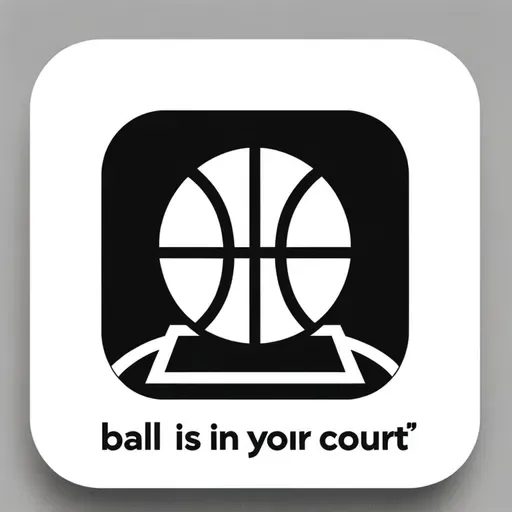
21 September 2025
The Power of Choice: When the Ball Is in Your Court, Your Decision Defines Your Success
Ball is in your court
About
Listeners, the ball is in your court—a phrase as familiar in boardrooms and family kitchens as it is on the tennis court. This expression, rooted in the world of tennis, signifies that it’s now your turn to decide or act, passing responsibility squarely onto your shoulders. Just as in a tennis match, where the ball physically comes to rest on your side, it’s unmistakable when a pivotal moment shifts from others to you, and the next move awaits your decision. According to The Idioms, while the phrase dates back to the 19th century, its cultural popularity surged in the 1960s as tennis terminology became woven into everyday speech.
Consider the story of Maria, who, after months of collaborative work, found herself facing a crucial decision. Her team had done all they could, and now she needed to choose between two drastically different paths for the company’s future. Maria weighed not just the data but also her instincts, understanding that waiting too long or avoiding the decision could stall progress and disappoint her colleagues. In the end, she chose the riskier path—a decision that led to innovation, even as it required her to accept full accountability if things went awry.
Research from the University of York highlights how decision-making isn’t as simple as logic versus impulse. How we approach a decision is shaped by the information at hand, the immediate context, and our mental framing of the problem. Two people can look at the same set of facts and see entirely different choices, influenced by personal values, previous experiences, and even subtle emotional cues. Psychologists Kahneman and Tversky famously demonstrated that just the way a choice is framed—as a potential loss or gain—can result in dramatically different decisions, even among well-informed individuals.
Taking ownership when the ball is in your court requires not only courage, but also the humility to face consequences—good or bad—of action or inaction. Recent business headlines continue to showcase leaders under the spotlight for the decisions they didn’t make as much as for the bold moves they did. Inaction isn't neutral; it is itself a choice, and it too carries ramifications.
So, listeners, whether you’re facing a personal crossroads, a family dispute, or a career-defining moment, remember: when the ball is in your court, the story that follows will be shaped by what you do next.
This content was created in partnership and with the help of Artificial Intelligence AI
Consider the story of Maria, who, after months of collaborative work, found herself facing a crucial decision. Her team had done all they could, and now she needed to choose between two drastically different paths for the company’s future. Maria weighed not just the data but also her instincts, understanding that waiting too long or avoiding the decision could stall progress and disappoint her colleagues. In the end, she chose the riskier path—a decision that led to innovation, even as it required her to accept full accountability if things went awry.
Research from the University of York highlights how decision-making isn’t as simple as logic versus impulse. How we approach a decision is shaped by the information at hand, the immediate context, and our mental framing of the problem. Two people can look at the same set of facts and see entirely different choices, influenced by personal values, previous experiences, and even subtle emotional cues. Psychologists Kahneman and Tversky famously demonstrated that just the way a choice is framed—as a potential loss or gain—can result in dramatically different decisions, even among well-informed individuals.
Taking ownership when the ball is in your court requires not only courage, but also the humility to face consequences—good or bad—of action or inaction. Recent business headlines continue to showcase leaders under the spotlight for the decisions they didn’t make as much as for the bold moves they did. Inaction isn't neutral; it is itself a choice, and it too carries ramifications.
So, listeners, whether you’re facing a personal crossroads, a family dispute, or a career-defining moment, remember: when the ball is in your court, the story that follows will be shaped by what you do next.
This content was created in partnership and with the help of Artificial Intelligence AI